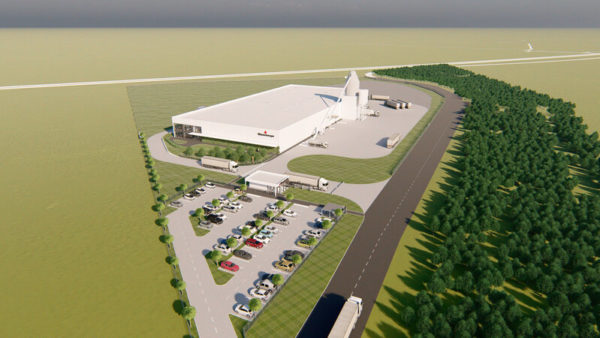23 August 2013
Dubai is the most mature hospitality market in the Middle East and many operators are looking to refresh or refurbish, but EC Harris warns that a reduction in quiet periods during the year means a greater risk of reputation and revenue loss if work doesn’t go according to plan.
Some of Dubai’s hotels and resorts have been operating for 10 or 15 years now, meaning refurbishment is cropping up more in operators’ facility planning.
But while refurbishment programmes are normally scheduled for quiet periods to reduce disruption, in Dubai that quiet period is seen to be shrinking as the emirate’s appeal grows.
In a recent market briefing note, consultant EC Harris says that most operators now view the only window available for this work to run from late May to early September – a mere 14 weeks.
Unscheduled downtime – ‘dead rooms’ – creates serious problems for operators if refurbishment work strays beyond the programme. Lost reputation and unhappy customers can result for the operator and construction supply chain alike.

Dubai at night (Wikimedia Commons)
To mitigate these risks EC Harris recommends a four-pronged strategy.
Plan, and plan again: Rarely can an entire hotel be closed for refurbishment so the work is usually delivered in occupied space. Ensuring minimal distribution to guests and operations is essential and making rooms available as each phase is completed minimises the loss of revenue.
Health and Safety: This is a major consideration as the interface between a contractor and the paying guest gets closer. Full risk management is an essential ingredient to any project, EC Harris says.
Tighten up the supply chain: Hotel procurement management requires huge attention to detail compared to other types of projects, EC Harris says, because loose and fitted furniture – from vases to beds – form a significant part of the investment. Early work is needed to ensure everything can be sourced on time. Logistics need special attention as well to minimise disruption for guests.
Accurate cost modelling: EC Harris advises that this should start at the business case stage and take into account sinking fund accruals and likely outturn budgets. At a project level the cost models will ensure accuracy of cost planning and not just for business case purposes but also to ensure smooth procurement and low substitution events which impact timely delivery.










